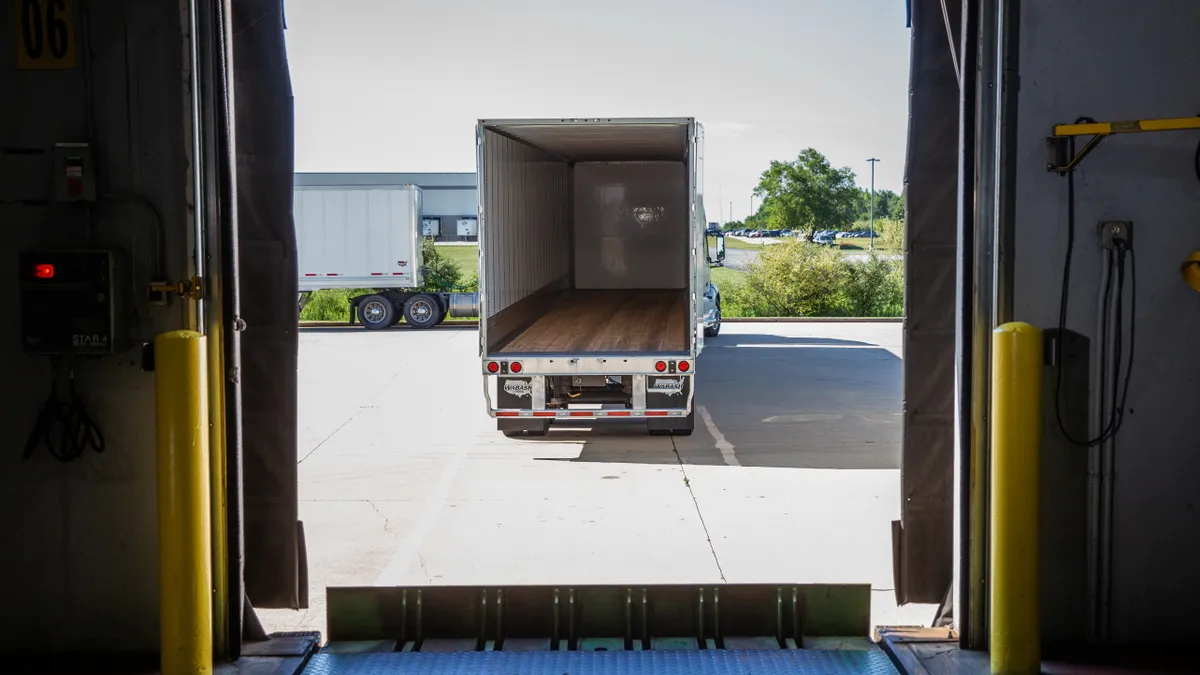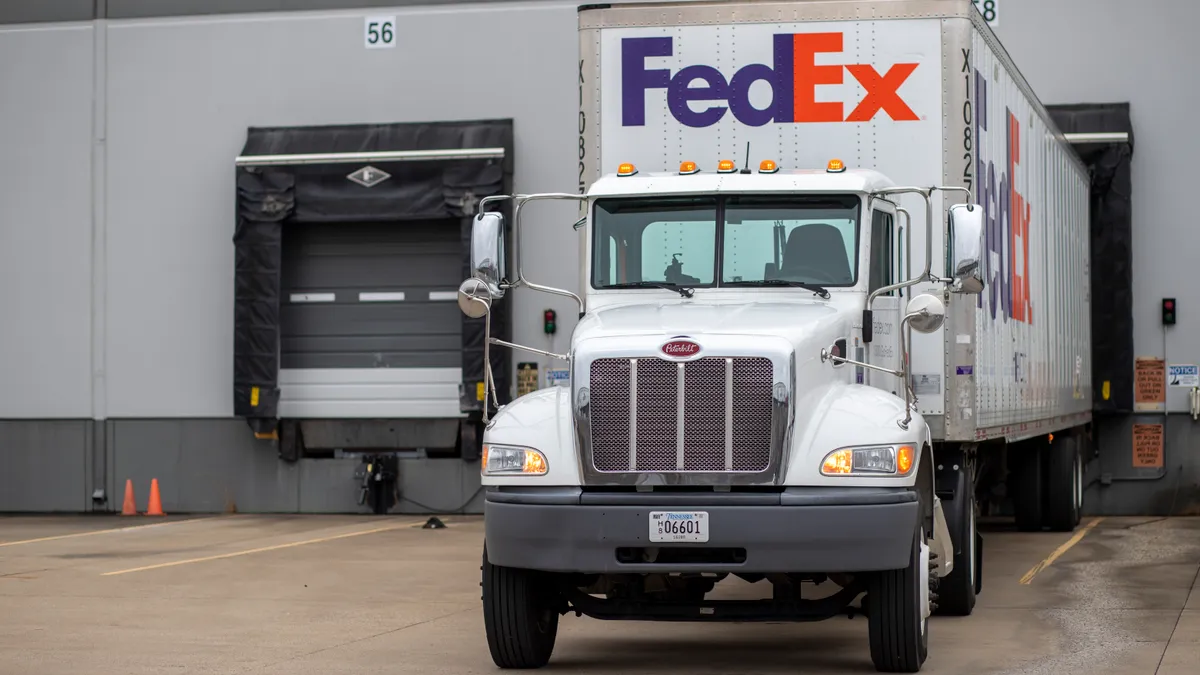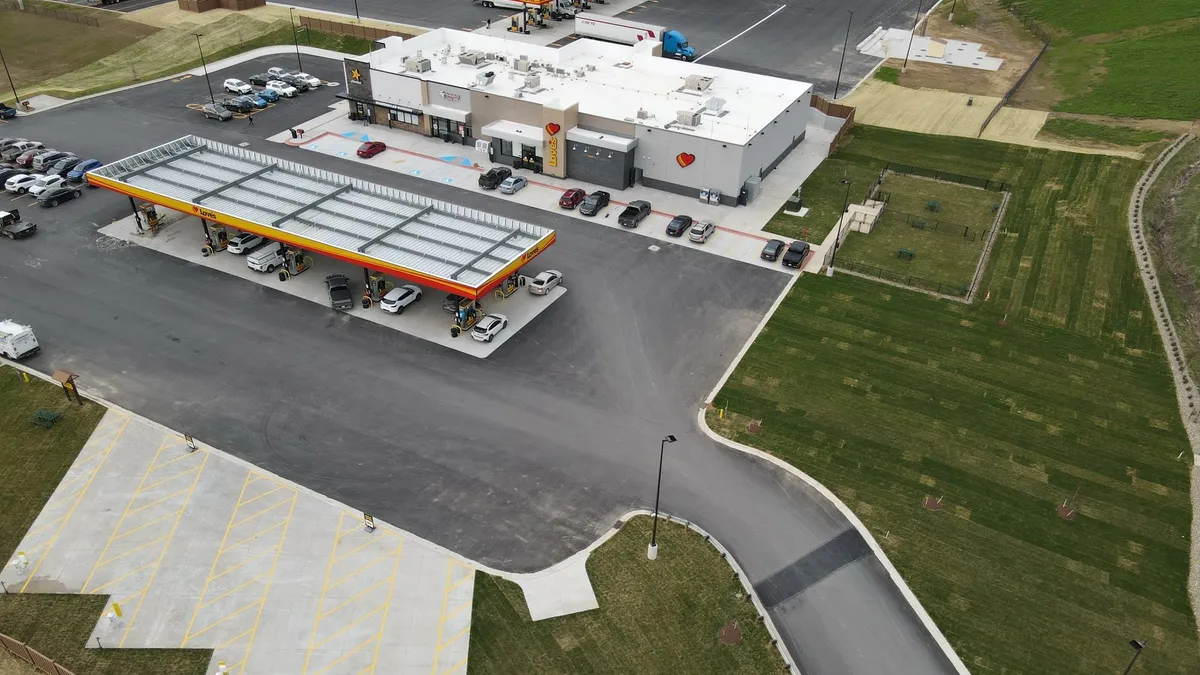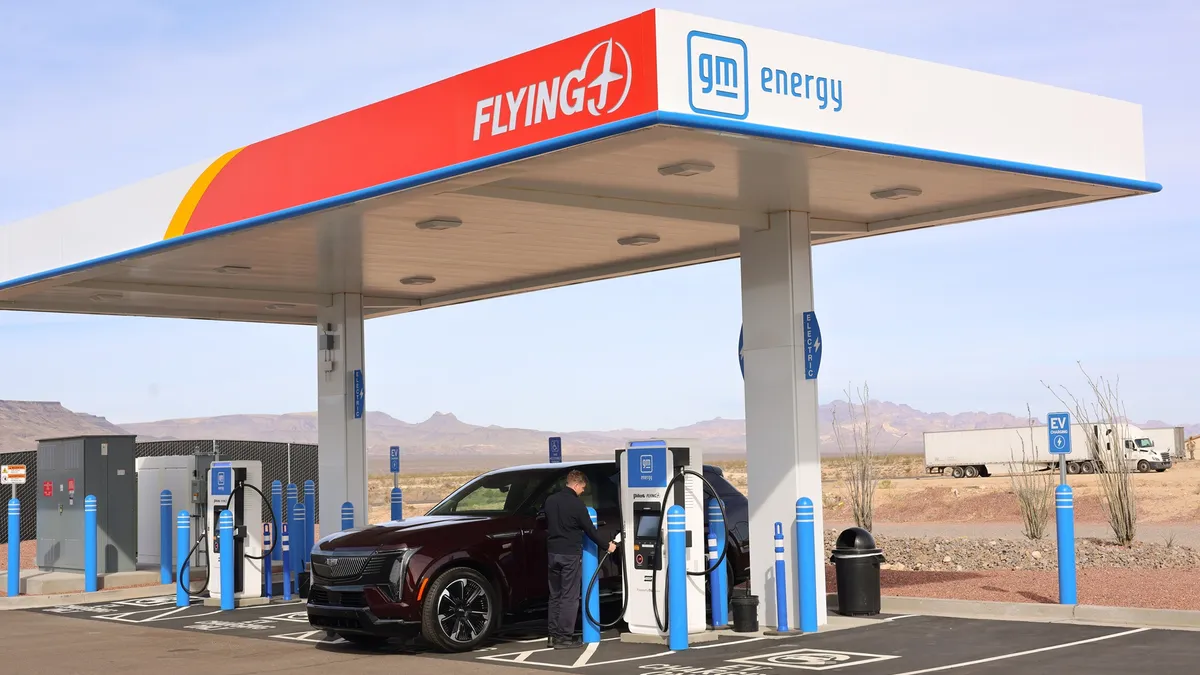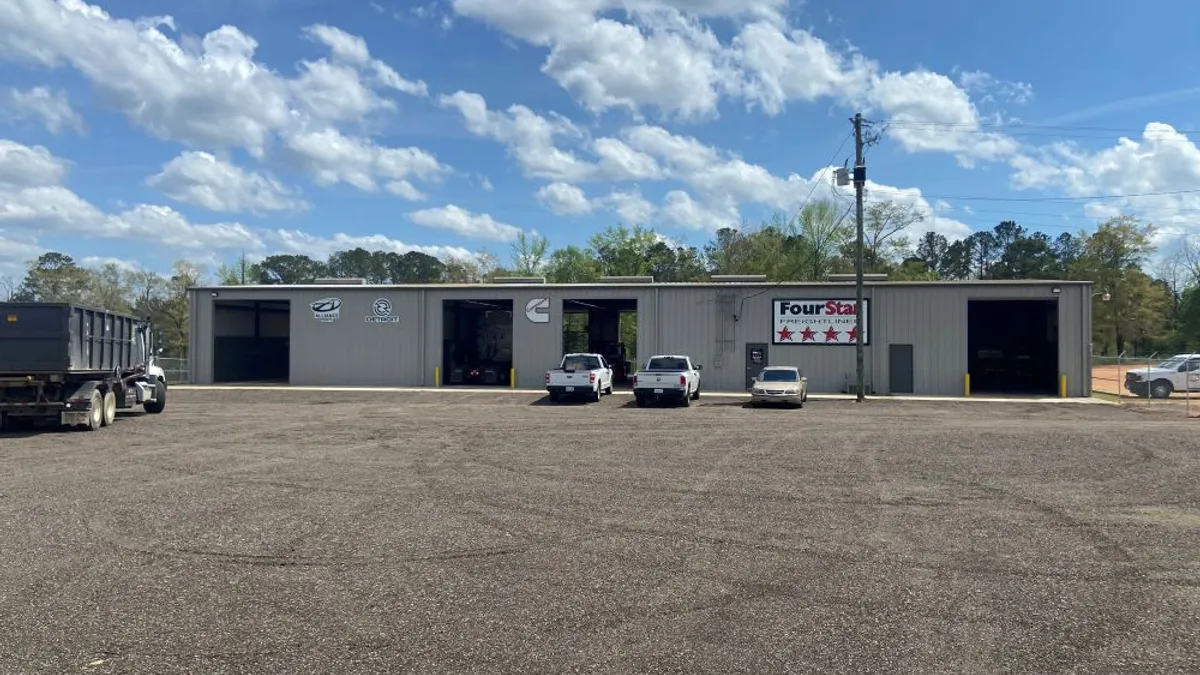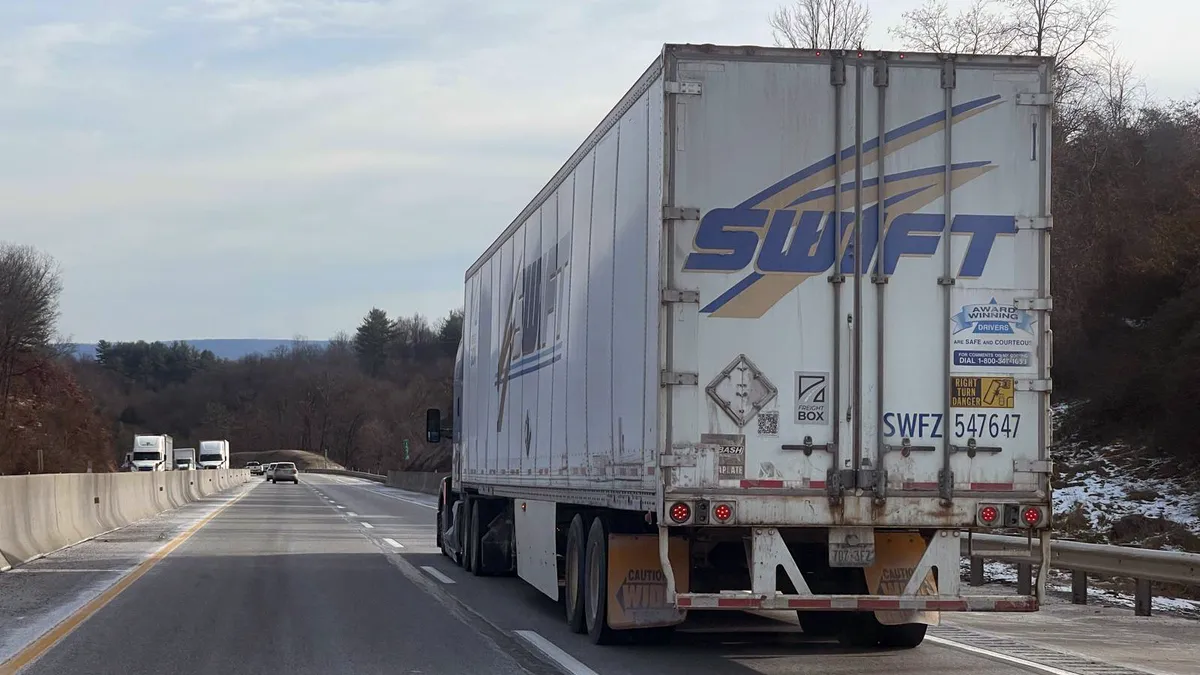Agility became a key theme for businesses during the pandemic. Coronavirus-driven market swings caused bankruptcies and shuttered operations for some fleets unable to pivot with the volatility.
But those able to reallocate resources to meet changing demand positioned themselves to capitalize on what their customers most wanted and needed.
Much of the surge in demand trucking experienced came from industries that benefited from pandemic-induced shopping habits, said Aaron Terrazas, Convoy’s director of economic research, in an email. Flatbed and tank drivers turned to Convoy Go, its nationwide drop-and-hook service, for opportunities when the domestic oil extraction industry shut down.
“That’s an advantage of a flexible digital freight network — when the market is tight in one corner, it’s relatively seamless for customers to flex to a different option,” said Terrazas.
But fleets can only make that pivot, if they’re agile. And that can mean different things for different fleets.
Agility to scale
For Michigan-based Two Men and a Truck, being agile meant scaling current operations.
The moving company won multiple awards in 2020, including Entrepreneur Magazine’s Top 500 Franchises in the United States and the Top 50 Franchises named by the Franchise Business Review.
During the pandemic, the real estate market kept the company busy, according to the Iosco County News-Herald. People wanted to move. So, Two Men and a Truck opened eight locations. Then they added a new service — something every household needs when they move: Junk removal.
"Understand that this diversity is purposeful and allows for us to flex in unique accretive opportunities as they arise."

John Mitchell
Vice President of Treasury and Investor Relations at Daseke
According to Mymove.com, more than 15.9 million change of addresses were filed with the United States Post Office from February to July 2020.
And when people move, many have vehicles that need to be transported, too. That’s why Montway Auto Transport, a non-asset-based broker that specializes in locating delivery services for vehicles, still experienced good business during the pandemic.
“We had to quickly find a solution to deliver these unique goods and ultimately we launched an entirely new service to cater to the demand,” said Lubo Lazaro, specialty moves manager for Montway Auto Transport.
Agility to pivot
For other fleets, agility meant leaning on segments that may not have accounted for much — or any — business before the pandemic, as larger sources of revenue.
Daseke’s flatbed business, for example, was lifted by hauls in wind energy and high-security cargo. John Michell, a vice president at Daseke, said on the company's latest earnings call that its diverse customer base helped Daseke achieve profitability records last year.
"Understand that this diversity is purposeful and allows for us to flex in unique accretive opportunities as they arise," Michell said.
JKC Trucking, in Chicago, used a similar strategy. It specializes in transporting temperature-sensitive produce, meat and other food to restaurants. And when the pandemic prompted states to order shutdowns, those clients were no exception.
But the trucking firm chose not to close up its shop.
“When we lost all of our food service business, we reached out to our customers to see what else they needed hauled or if other carriers were failing on any lanes,” Mike Kucharski, co-owner and vice president of JKC Trucking, said in an email.
Those results prompted them to join the Federal Emergency Management Agency so they could move essential items, like bottles of water and hospital supplies.
JCK Trucking wasn’t alone in pivoting to haul essentials. When business dropped by 45% in March 2020 for United Petroleum Transports, its trucks began moving hand sanitizer, disinfectants and the raw materials needed to make cloth masks.
“Our customers are like family to us. That’s why we picked up new customers and also why some of our past customers are once again doing business with us.”

Mike Kucharski
Co-Owner and Vice President of JKC Trucking
Food was another essential item that started flying off shelves. Trucking companies took advantage of that opportunity, too.
JKC began transporting dry food stuff and other dry goods, a tactic that J.B. Hunt employed during the early days of the pandemic. At that time, J.B. Hunt's grocery-related ventures increased, agricultural transporting remained unchanged, and the hauling of office furniture and auto supplies declined. So, it reallocated resources.
Diversification has allowed J.B. Hunt to surge with some shippers "while scaling back with customers who have been negatively impacted by the current state of the economy," COO and President of Contract Services Nick Hobbs said on the company's latest earnings call.
The e-commerce boom also gave trucking companies an opportunity to flex their agility. United Petroleum Transports asked some of the larger carriers like J.B. Hunt, Werner, Amazon and others, if they could haul dry boxes for them and they answered in the affirmative.
Along with having good relationships between fleets, relationships with customers is also key. According to JKC Trucking, it’s one of the reasons it’s still in business.
“Our customers are like family to us,” said Kucharski. “That’s why we picked up new customers and also why some of our past customers are once again doing business with us.”


